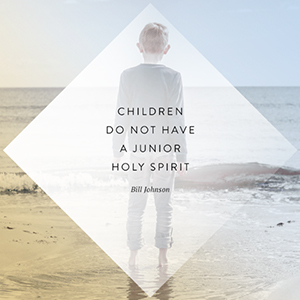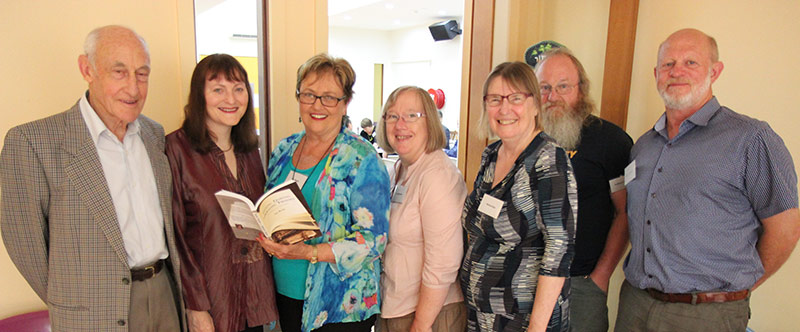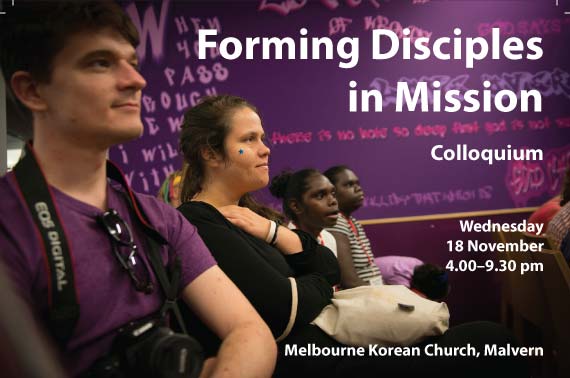 “Children do not have a junior Holy Spirit.” I love this meme that has been circulating on the internet. It serves as a simple reminder that we too easily belittle the spiritual lives of children. As Rebecca Nye says, “Children’s spirituality is like a child.” Child-like, not childish. We have as much to learn from children about faith as they have to learn from us.
“Children do not have a junior Holy Spirit.” I love this meme that has been circulating on the internet. It serves as a simple reminder that we too easily belittle the spiritual lives of children. As Rebecca Nye says, “Children’s spirituality is like a child.” Child-like, not childish. We have as much to learn from children about faith as they have to learn from us.
In Adelaide and in Ulverstone, Tasmania recently I have been speaking about nurturing the faith of children in a digital world. Both events were ecumenical, state-wide training events hosted by passionate enthusiasts for ministry with children and families. Here’s a bit of a summary of my sessions.
As a parent whose oldest children have just moved out of home, I suddenly know the feeling of “where did those years go?” between birth and adulthood. Within the gratification of seeing well-adjusted, fairly mature and happy young adults is a feeling of loss -“What if?” and “If only?” and “I regret…” The nurture of children takes places very slowly AND overnight!
The little moments matter. John Westerhoff said that faith is caught more than taught. Who we are matters as much or more than what we know. That doesn’t mean that the substance of faith is meaningless; rather it reminds us that God sent his child, not a chapter, to save us.
Here is a priceless record of Lotte, filmed by her father every week since her birth. (You can see her brother Vince here.)
One of the difficulties for the church is that we often have very limited contact with children through church programs, at best an hour or two a week. So on the one hand, we need some understanding of what it means to nurture the faith and spiritual lives of children, and alongside that we need a ‘whole of life’ approach that goes beyond occasional events.
“A very simple definition of children’s spirituality might be God’s ways of being with children and children’s ways of being with God.” Rebecca Nye’s book Children’s Spirituality (London: Church House Publishing, 2009) is a brief but excellent introduction. She begins by reminding us that first and foremost, the spiritual life of a child begins (and ends) with God. It isn’t something that we create or manufacture for them. God made us all for relationship, in the image of God, to know, love and serve God. Perhaps the best place to start is to attend to the child and what is going on for them and in them. They are not empty vessels to be filled, nor putty to be moulded. Perhaps a seed growing to fruit is a better metaphor, yet even that can cause us to focus on the coming harvest and not on the seedling itself.Continue Reading



